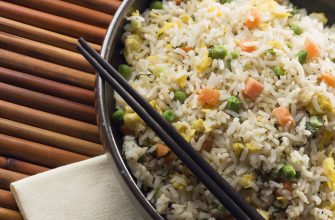Asian salads stand out in the world of gastronomy. Their complexity of flavors—sweet, sour, spicy, and umami—creates dishes that are both satisfying and refreshing. In this guide, we’ll explore ten Asian-inspired salad recipes that promise a delightful, fresh, and flavorful meal.
- Exploring the Variety
- Ten Asian-Inspired Salads
- Thai Green Papaya Salad
- Vietnamese Rice Noodle Salad
- Chinese Chicken Salad
- Japanese Seaweed Salad
- Indian Chickpea Salad
- Korean Bibimbap
- Filipino Ensaladang Mangga
- Indonesian Gado-Gado
- Burmese Tea Leaf Salad
- Malaysian Rojak
- Customizing Your Asian Salads
- Dressings Make the Difference
- Freshness is Key
- The Healthy Choice
- Conclusion
Exploring the Variety
Each Asian country has unique salad recipes reflecting its culture and culinary traditions. From the hearty Korean bibimbap to the light and aromatic Thai green papaya salad, there’s something for every palate.
Ten Asian-Inspired Salads
Here are ten recipes inspired by Asian culinary traditions, each offering a unique blend of flavors and textures.
Thai Green Papaya Salad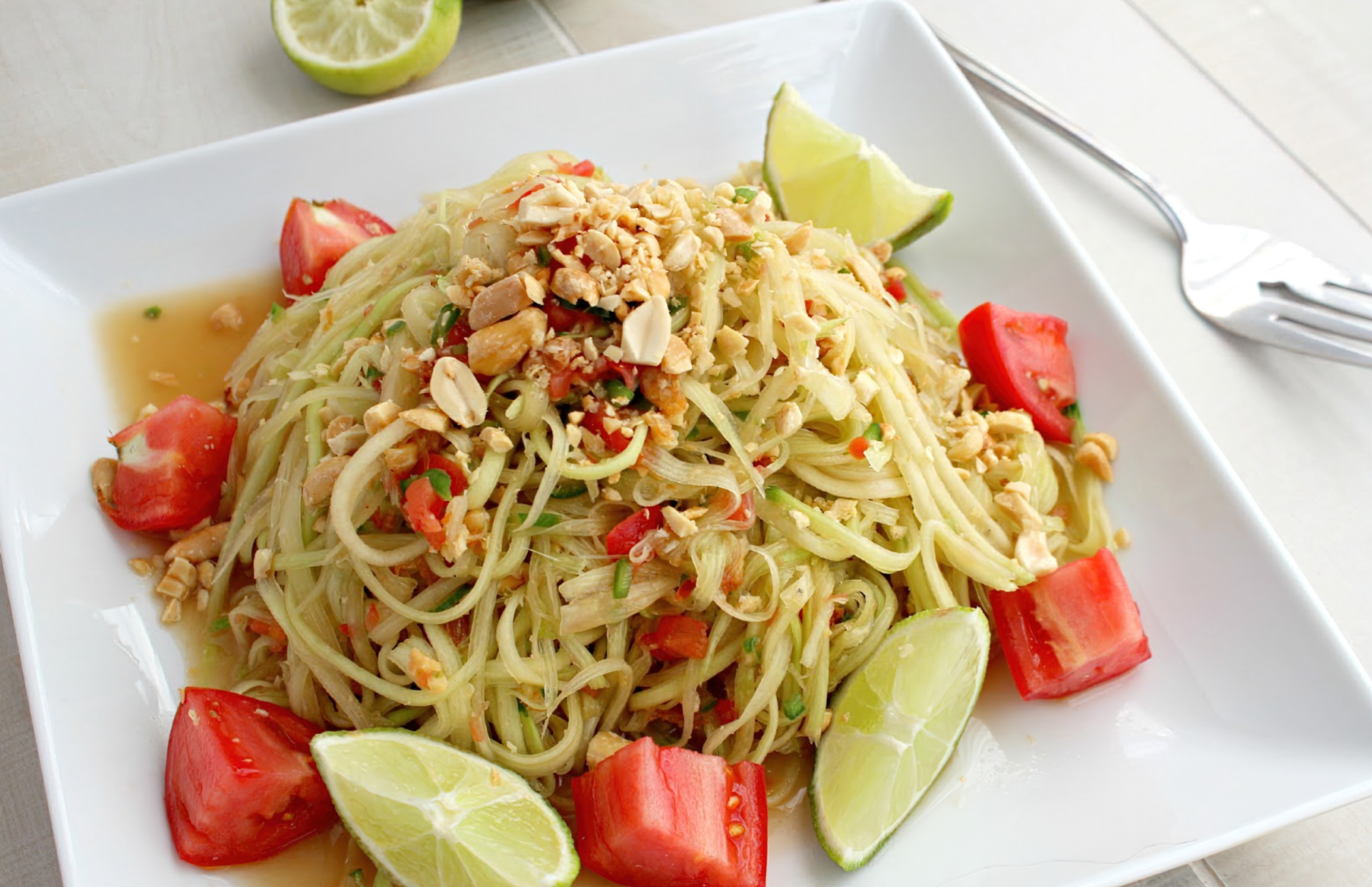
Unripe papaya, chili, lime, peanuts, and fish sauce combine in this iconic Thai dish. The result is a salad bursting with flavor and crunch.
Vietnamese Rice Noodle Salad
This salad features tender rice noodles, fresh herbs, and crunchy vegetables, all drizzled with a tangy-sweet dressing.
Chinese Chicken Salad
In this fusion salad, crisp lettuce, shredded chicken, and crunchy noodles meet a delectable sesame dressing.
Japanese Seaweed Salad
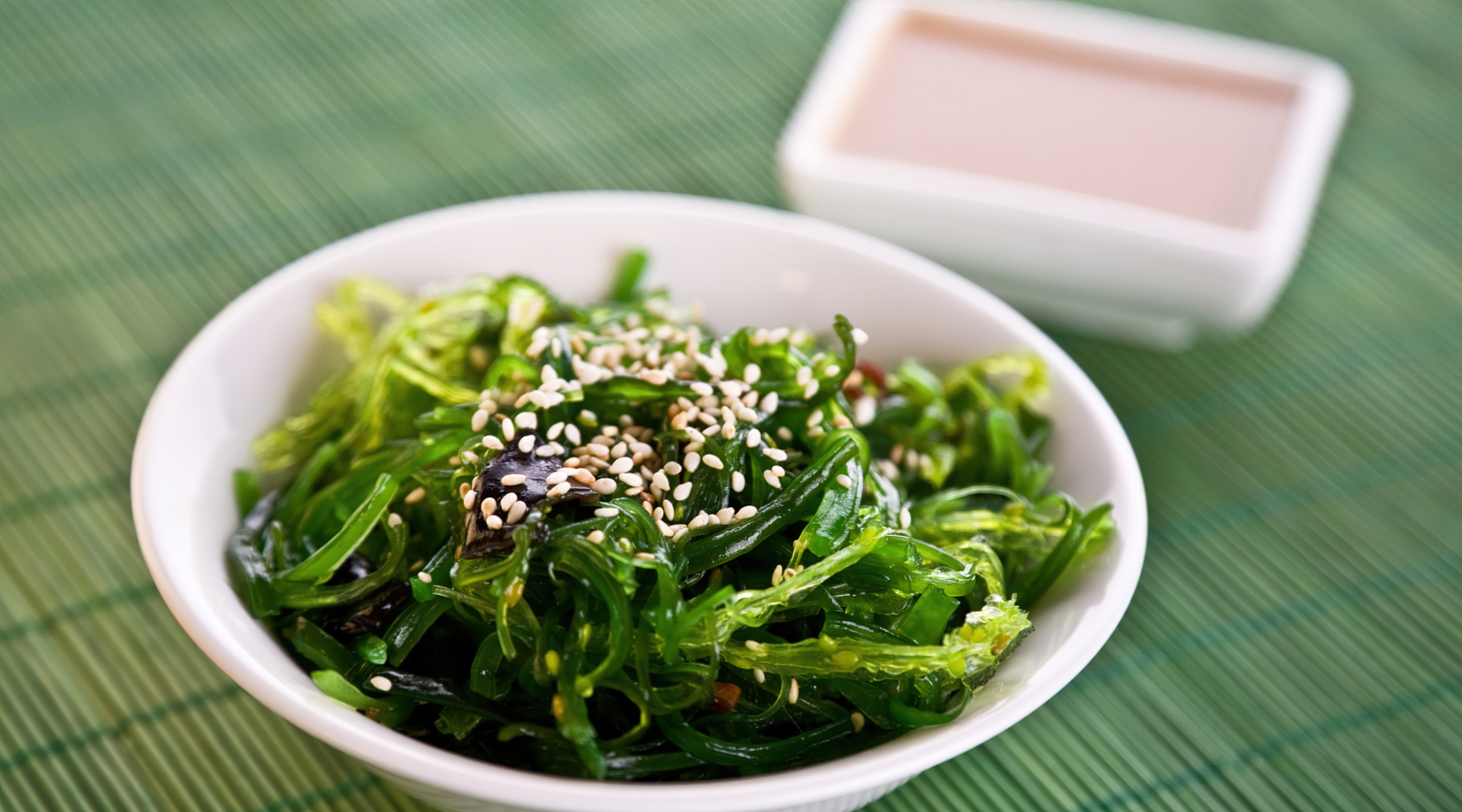
A refreshing mix of different seaweeds, sesame seeds, and a light dressing, this salad is a testament to Japanese simplicity and umami flavors.
Indian Chickpea Salad
This protein-packed salad combines chickpeas with fresh vegetables and a blend of Indian spices, offering a filling yet nutritious meal option.
Korean Bibimbap
While not a traditional salad, this dish features a variety of vegetables, rice, and often meat, all mixed with a spicy gochujang sauce.
Filipino Ensaladang Mangga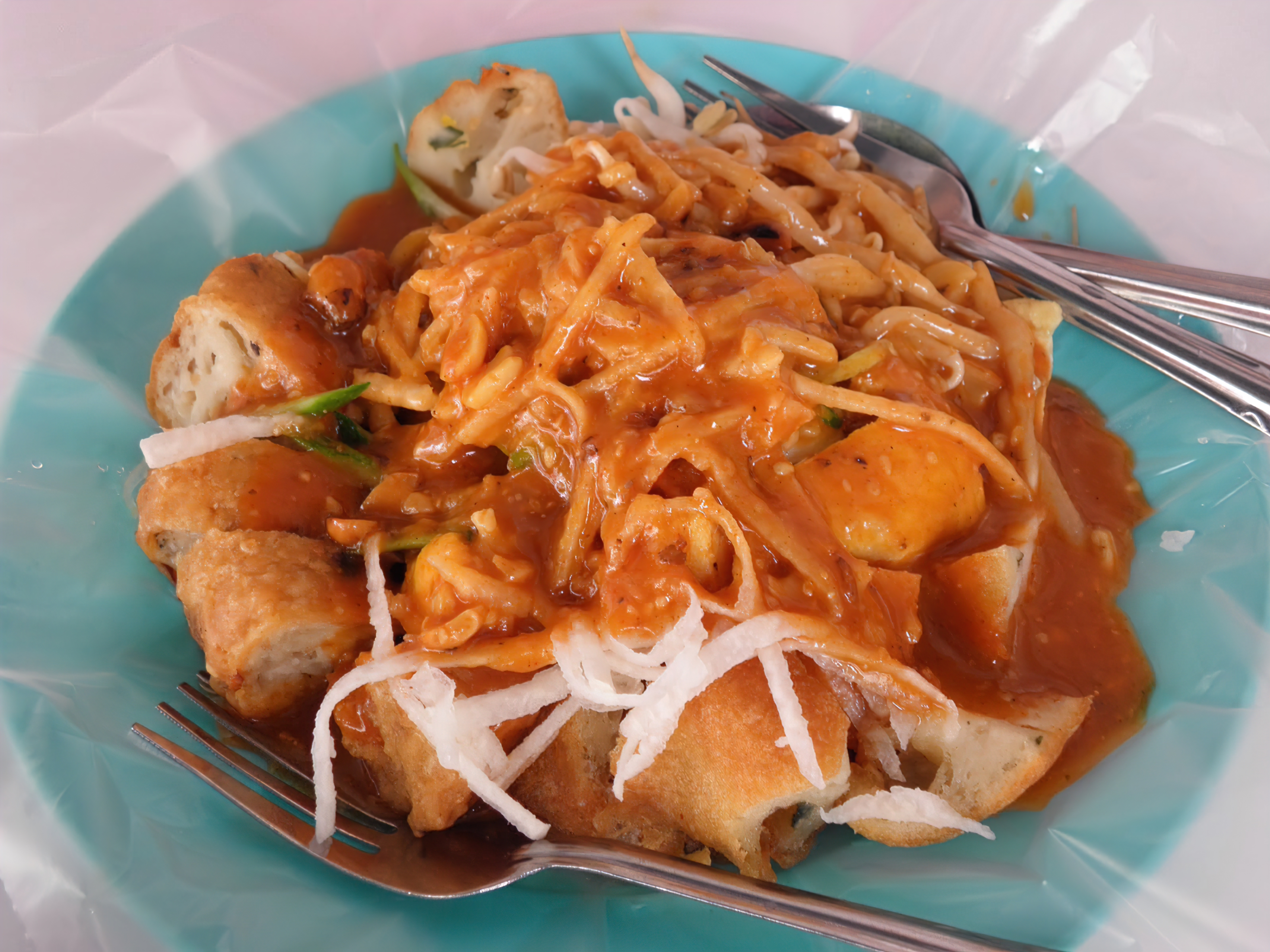
This salad is a mix of sour unripe mango, tomatoes, and onions, offering a refreshing side to rich, savory dishes.
Indonesian Gado-Gado
A medley of blanched vegetables, tofu, and eggs, all topped with a rich peanut sauce, makes this salad a meal in itself.
Burmese Tea Leaf Salad
This unique salad features fermented tea leaves, crunchy beans, nuts, and seeds for a distinctive flavor profile.
Malaysian Rojak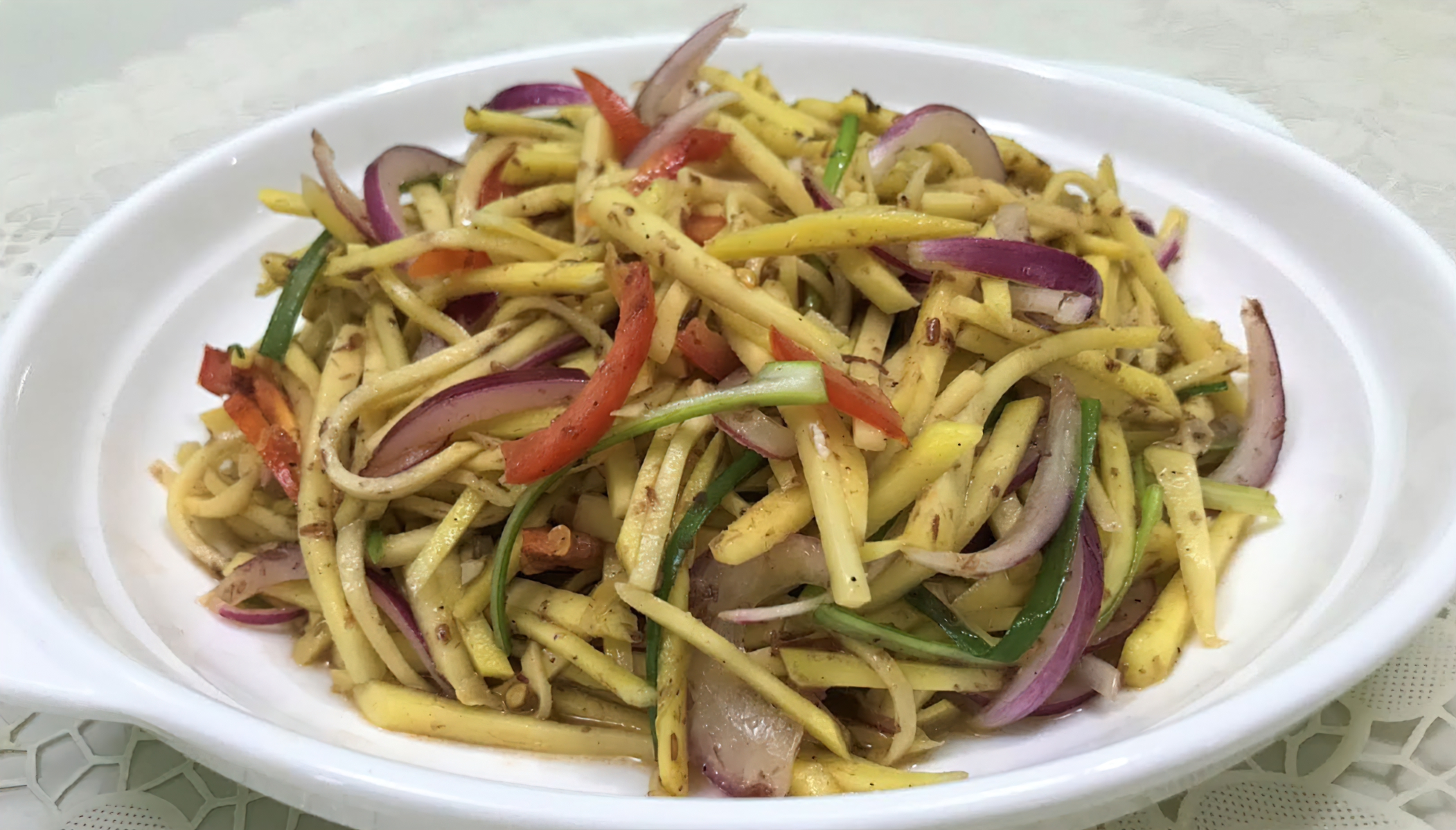
A popular street food, this salad mixes fruits and vegetables with a sweet-sour-spicy dressing and a sprinkle of peanuts.
Customizing Your Asian Salads
One of the many beauties of Asian salads is their adaptability. Feel free to substitute ingredients based on your preference and what’s available. Don’t like papaya? Try green apple for your Thai salad. Not a fan of chicken? Use tofu or shrimp in your Chinese salad. The possibilities are endless.
Dressings Make the Difference
The dressing is the soul of any salad, and this is especially true for Asian salads. From the fish sauce and lime dressing of Thai salads to the sesame-soy dressing of Japanese salads, these mixtures do more than just coat the ingredients—they bring the dish to life. Don’t be afraid to experiment with different combinations to find your favorite.
Freshness is Key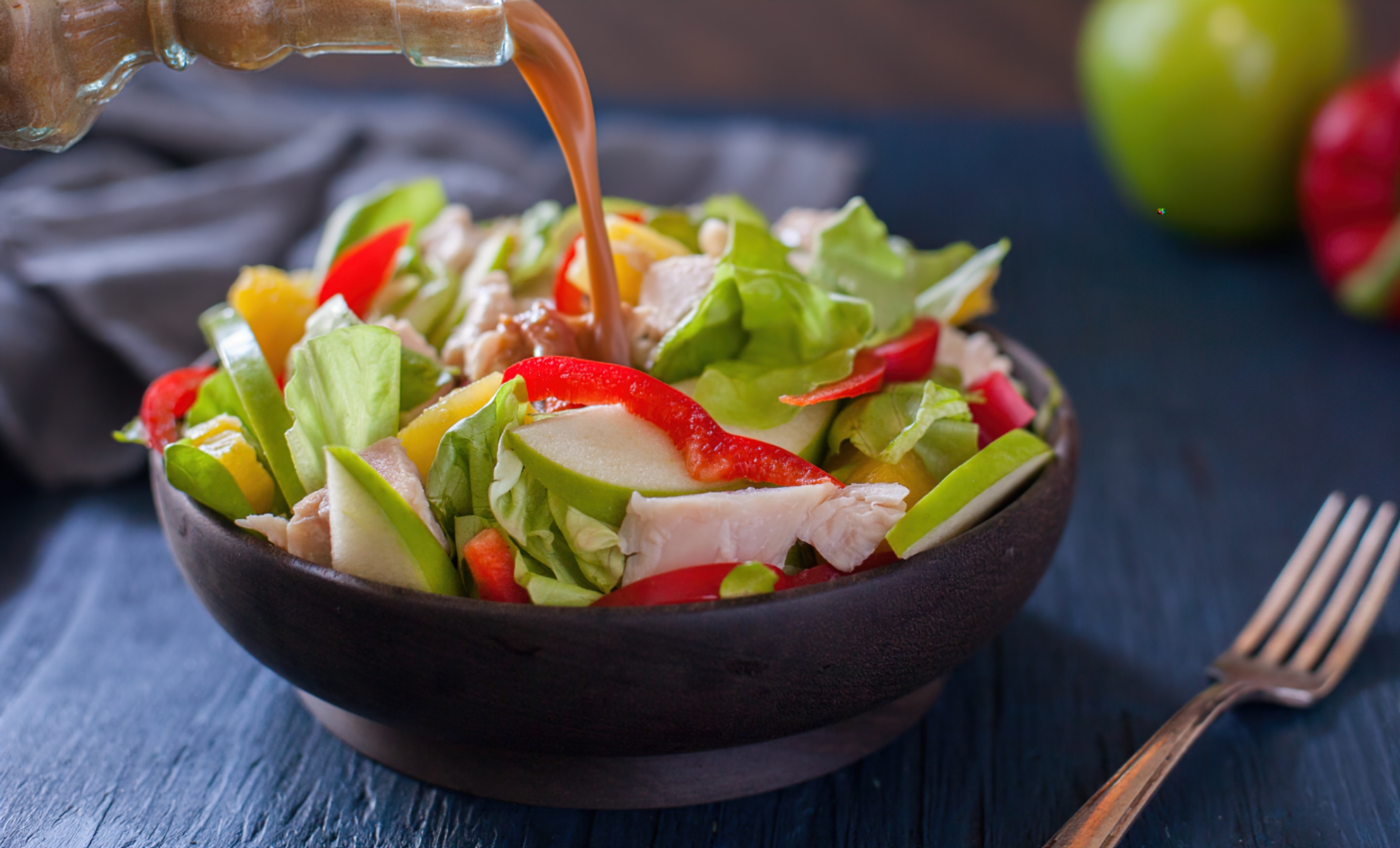
The secret to a great salad is using the freshest ingredients. Fresh vegetables provide the necessary crunch, fresh herbs add aroma and flavor, and fresh proteins ensure the salad is satisfying. Make sure you source the best ingredients for your salad.
The Healthy Choice
Not only are these salads bursting with flavor, but they are also packed with nutrients. With plenty of vegetables, lean proteins, and healthy fats, Asian salads can be a perfect choice for a balanced meal. Plus, many of these salads are naturally gluten-free and can be easily made vegan or vegetarian.
Conclusion
Asian salads offer a delightful combination of tastes and textures, promising a unique culinary adventure with each recipe. Whether you’re a fan of spicy, sweet, sour, or umami, there’s an Asian salad waiting for you. So why wait? Start exploring these dishes today, and bring the authentic flavors of Asia to your dining table.
